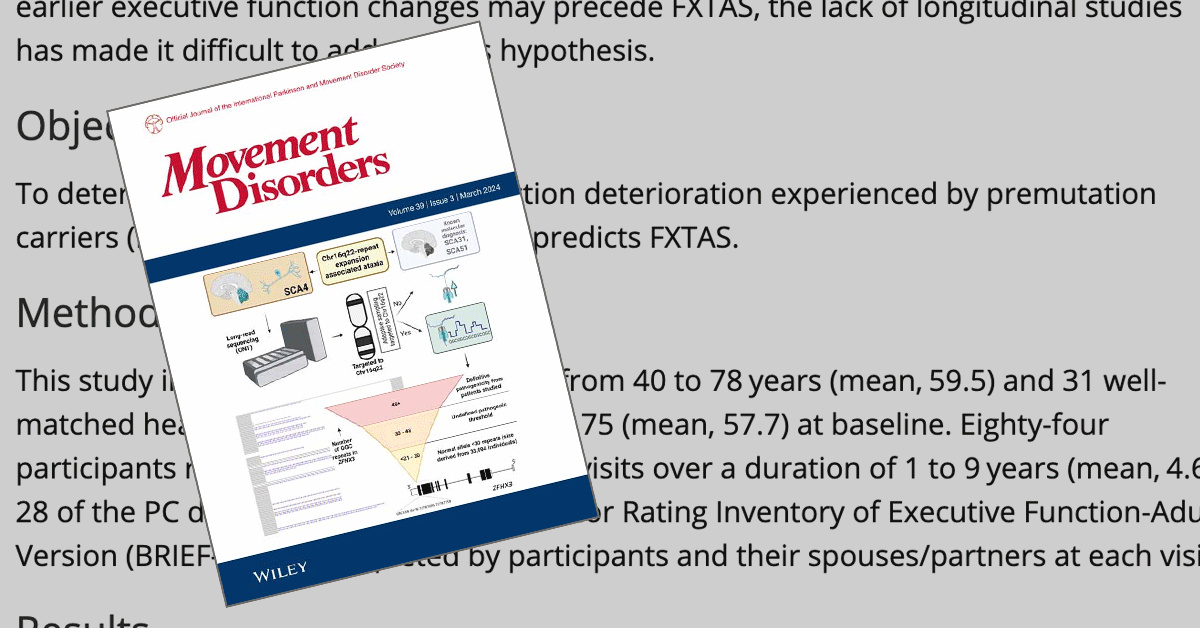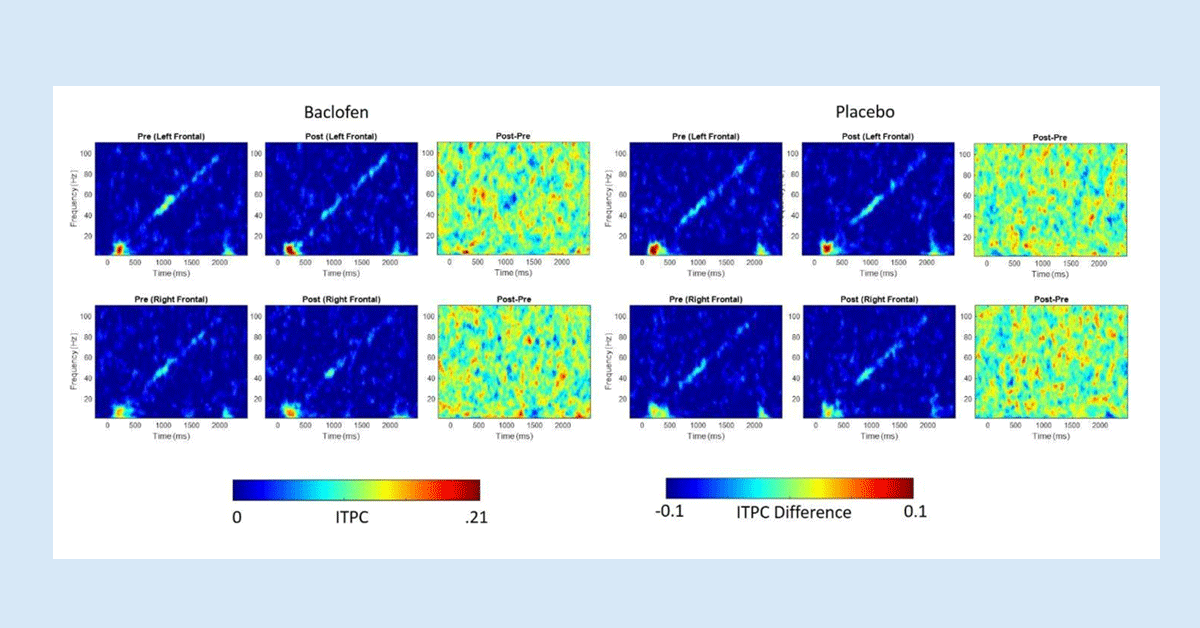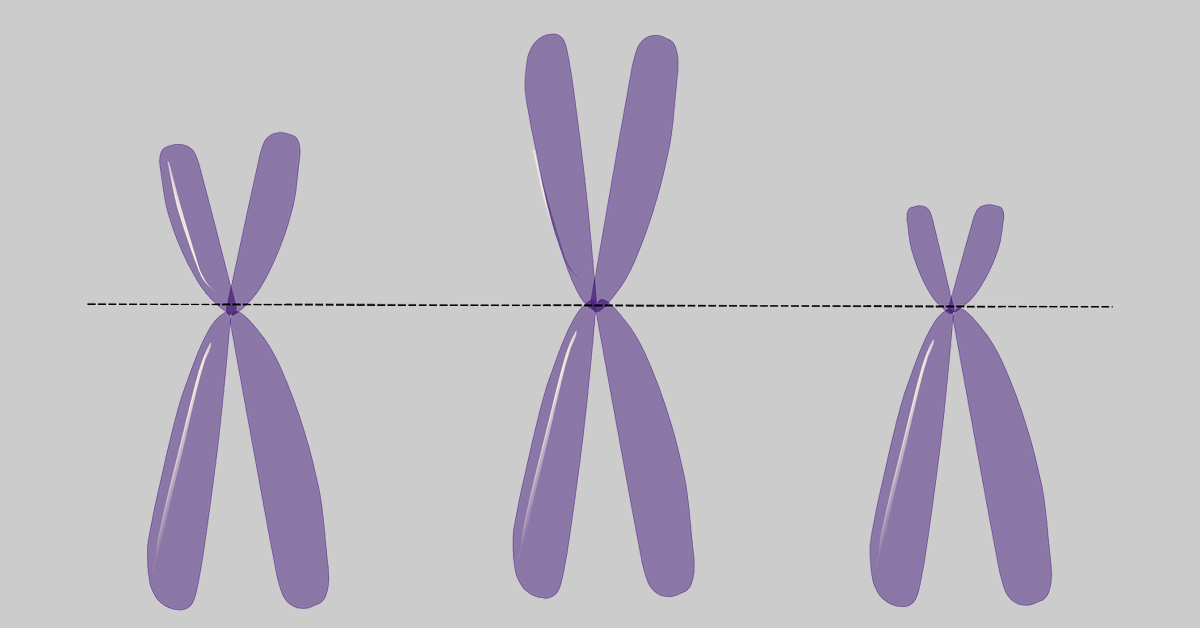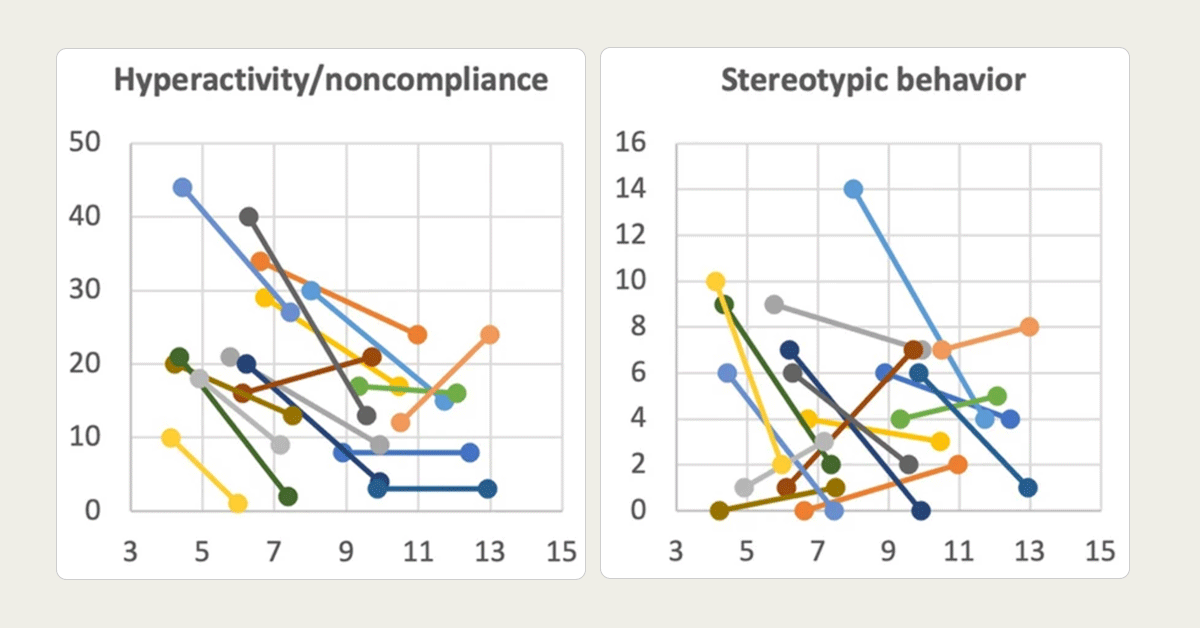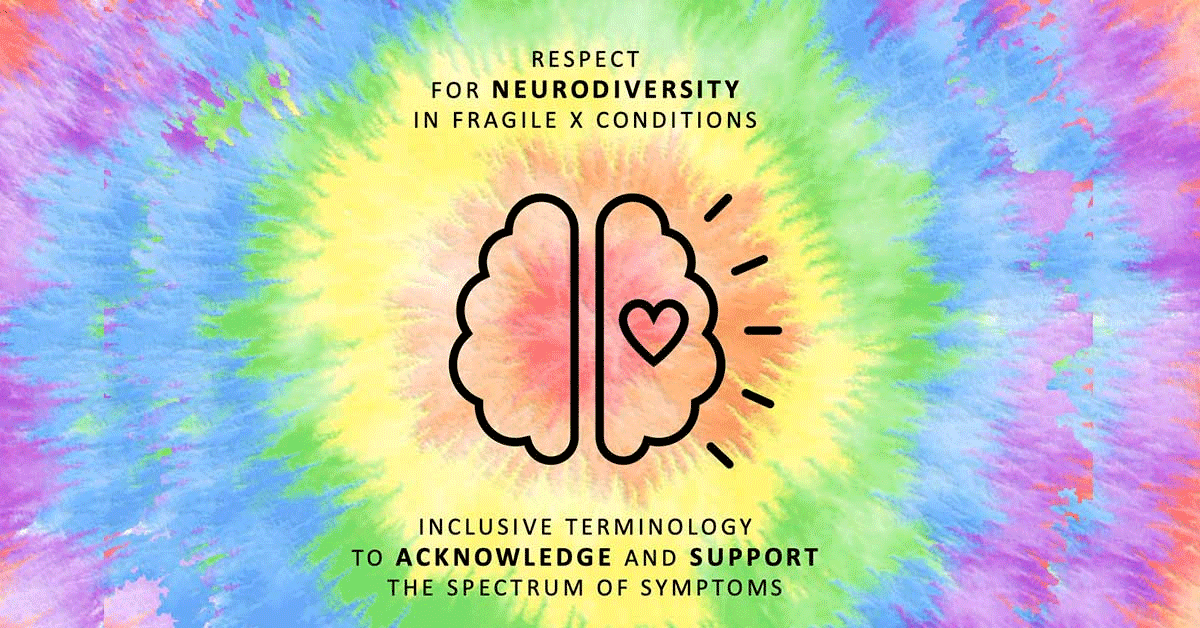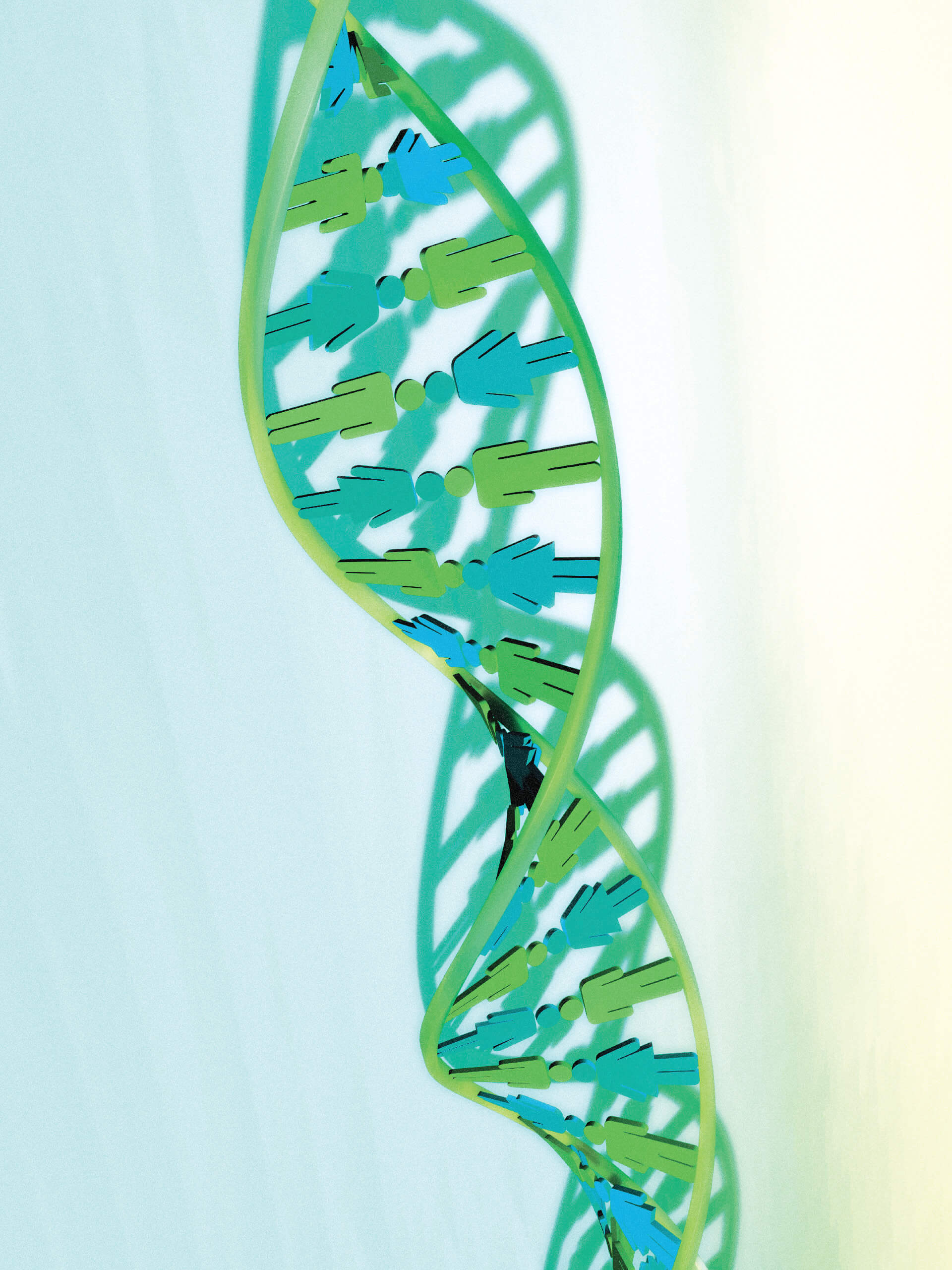This research looks at how a child’s level of intellectual disability (ID) — meaning how much their thinking and learning abilities are affected — relates to the types of behavioral challenges they experience if they have Fragile X syndrome (FXS).
Get the latest insights on basic and translational science research in Fragile X syndrome from these 19th NFXF International Fragile X conference sessions.
Get the latest insights on clinical research related to the Fragile X Premutation from these 19th NFXF International Fragile X conference sessions.
Get the latest insights on basic science research related to the Fragile X Premutation from these 19th NFXF International Fragile X conference sessions.
Get the latest insights on clinical science research in Fragile X syndrome from these 19th NFXF International Fragile X conference sessions.
Research Summary: This research was very revealing. Currently, we do not have accurate methods to predict who will develop FXTAS and who will not, or when the disease will start.
Research Summary: The results found from the EEGs in both the FMR1 KO mice and humans with FXS are extremely important for the future of FXS research because they show a measurable commonality between the two very different species.
Research Result: Overall, the study results suggest a possible treatment to restore FMRP in individuals with FXS. These findings also suggest that abnormal RNA sequencing events identified in white blood cells may serve as powerful biomarkers for FXS.
A publication was released summarizing one lab’s discovery that could lead to a future treatment for Fragile X.
Research is needed that includes more racially and ethnically diverse participants. This study relied on self-reports to measure cognition.
The main aim of this study was to determine whether boys with FXS who had participated in our previous 12-week randomized trial of telehealth-enabled behavioral treatments for challenging behaviors were still benefiting from having received the treatment several years later.
FMR1 now stands for fragile X messenger ribonucleoprotein 1, removing the reference to “mental retardation” which has long been outdated in common vernacular. At the time of discovery, “mental retardation” was an accepted term for what we now call “intellectual disability.”
Dr. Liz Berry-Kravis and Tetra Therapeutics published the BPN14770 trial results in Nature Medicine on April 29, 2021. We present a summary of those research results.
Patient-focused drug development meetings allow the FDA to hear directly from patients, their families, caregivers, and patient advocates. The NFXF PFDD meeting was held on March 3, 2021.
Family caregivers affected by FXS are significantly more likely to report financial burden and quit their job or cut working hours than those with ASD or ID only.
The gene and protein responsible for causing Fragile X syndrome emerge as a leading candidate in the search for the cause of autism and maybe even schizophrenia.
Understanding screening issues and challenges is crucial to advancing the Fragile X field as it relates to diagnosis and treatment.








